“Your child has Prader-Willi syndrome.” Everyone remembers where you were when you first heard those words. What does that mean? What do we do now? What will life be like for my child? In today’s world, you Google the term and likely see Prader-Willi Syndrome Association appear in response. When you complete the new diagnosis form, or call the office, you are connected to a parent mentor to help you, cry with you, rejoice with you, and ease your journey. But it wasn’t always that way.
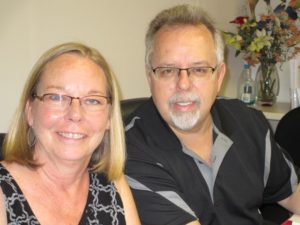
When Carolyn Loker’s daughter, Anna, was born, there were no parent mentors. Carolyn attended her first conference when Anna was two and there was one other parent with a young child there – one. She left feeling overwhelmed, not having much hope for Anna’s future. She wanted other parents to have a different experience – to truly know they were supported, to have someone listen to them and guide them. In 1999, she began calling parents of newly-diagnosed babies who contacted PWSA | USA. As a volunteer, she did this completely alone, spending HOURS on the phone listening to parents’ worries and fears, responding in a sweet way and rejoicing as their little ones achieved milestones. With roughly 100 new diagnoses per year, handling this alone for the next three years was a lot of heavy lifting! She recognized that many of the parents she was mentoring would be good in the mentor role as well so she developed a manual and began a process to establish a network of parent mentors. She also developed the initial Packet of Hope materials that were sent to parents. Keep in mind that this was before social media and the internet so it was phone calls only. As Carolyn looks back, she is proud that the program has continued and grown over the past 20+ years. Carolyn’s initial vision of support for new families has touched the lives of thousands of people. At the same time Carolyn began the Parent Mentoring program, she was serving as a board member from 1999 to 2007, serving in the role as president for her last 3 years. She left the Parent Mentoring program but not PWSA | USA. She returned in 2015 as the Medical Liaison and as chair of the Cause of Death team.
Lisa Thornton, Utah Chapter President, has this to say about Carolyn and Jim Loker:
When Sid and I went to our first national conference, they announced that if we wanted to help with the organization, we could attend a lunch and get ideas. Sid and I attended and we were invited to an event the next night. When we arrived, we felt out of place as we knew no one. Jim and Carolyn Loker came right over and talked with us and loved us as only they can do. This immediate warmth and friendship allowed us to get outside our own discomfort. They gave us confidence that we had great ideas and that we could be leaders. They opened our minds to the possibilities of what we could accomplish in Utah and nationally. Carolyn and Jim have stayed in contact and have helped us with all our ideas and have provided constant and intelligent advice and encouragement. Because of them, we were able to set up a mentoring program in Utah and mentor several families, we were able to set up a medical clinic here, we started raising funds and helping families in a meaningful way.
Diane Spencer, an employee of PWSA | USA, led the Parent Mentoring program after Carolyn left. She was extremely sweet with the families and exhibited compassion and understanding for their situation. Diane served in this role for two years.
Cindy Beles, another wonderful PWSA | USA employee who began work with the association in 2004, took over the program in 2009. She was the triage advocate and took all incoming calls and then routed them to the appropriate person. For newly-diagnosed families, she spent time talking to them, listening to their concerns, answering questions and determining their needs. She then signed them up for a year of free membership, sent them a Packet of Hope, and connected them with a parent mentor. At that time, most parent mentors were also chapter leaders. Cindy’s favorite part of the job was working with families. “I’m a mom of five sons. One is handicapped. I have compassion and understand the concerns of our parents… I was drawn to a place where I could help people and make a difference. I have a lot of job gratification.” In 2014, Cindy received a plaque commemorating her 10 years of service with the organization. Some congratulatory comments were:
You are such an asset to our organization and all of our families. Julie
Cindy – You have blessed so many lives over the last ten years. Thank you for all you do and for always giving so much of yourself. With appreciation and love, Jackie
We are truly blessed to have you, and I personally am glad that the first contact our new parents have is with such a loving and understanding person. Thanks for all you do for our families! Michelle
What a tribute to you and your patience. Many thanks for all you have done for us over the years! Jim
Cindy retired in 2015 and, sadly, died a few months later from cancer.
When Reagan Seely was born, Diane Seely, an apprehensive new mom, called PWSA | USA and spoke with Cindy. Cindy mentored her at the time, and neither of them knew that Diane would take over the program in 2015 when Cindy retired.
Lori Moline worked with Diane part-time from 2015 to 2018.
Diane credits social media for the expansion of the program at that time. Parents were more educated by seeking information online. Rather than focusing on pairing parents with mentors close to them geographically, Diane and Lori looked at similarities in their professions or personalities. State chapters could fill the void of local contact and the parent mentor could literally be anywhere in the country with the connection of social media. The new family and their mentor became friends for life, quite literally. The parent mentor would serve as a lifeline for the parent throughout the life of their child. The program was expanded to serve grandparents and a dad’s group was added. A feeling of camaraderie developed between the mentors. In the four years Diane led this program, the number of mentors grew from five to 55! With two to three new diagnoses received daily, finding enough mentors to serve all the families was a constant challenge. Toward the end of her tenure, she was noticing that phone calls were becoming less frequent – replaced by electronic communications. Diane always wanted to operate a B & B and the opportunity presented itself in 2019. With regret at leaving her families, but proud of her accomplishments, she left PWSA | USA to pursue her dream.
Kristi Rickenbach took the leadership role in February of 2020 when Diane left. After serving as a parent mentor since 2005, it was a dream job to now lead the program. Initial contact is usually made by text or email and an eventual phone or Zoom call follows. There is still a large amount of time spent on the phone, but it is not the initial method of contact. She finds that when parents hear from the parent of an older child, it is empowering and gives them hope. However, with so many changes in NICU practices, growth hormone, and more, being mentored by the parent of a younger child is more relevant and helpful. Doctors tell families what’s in the textbook; speaking to a parent provides them with a more realistic and hopeful view of their future. Social media and Facebook groups have been life-changing for families. They can bond with others, all in a safe environment. She is thankful to have walked into a program that was set up to succeed. Literally thousands have been helped in the past 20 years, as mentoring helps not only the mentee, but also the mentor. Kristi states a simple goal: That the family feel happier and more hopeful at the end of our conversation than they did at the beginning.
Reading the testimonials below, it’s clear that goal is realized over and over!
TESTIMONIALS:
Thank you for reaching out to me. Your help as a parent mentor is greatly appreciated and of most value to me. The time when you came to the hospital with your beautiful daughter when our daughter was born helped me find hope. Since that time I have followed your family’s example in as many things as possible. You understand, you have gone through it, you get it! That has been the most help ever. I hope that you too have a mentor that has a child a bit older than your daughter so that you can draw from their experiences. It truly is more valuable than I ever imagined. Thank you for pressing forward always, even when it was beyond hard. Holli
When Kate was born, our parent mentor and her husband told us we would be OK. Those words brought so much calm to our storm. We were able to meet a girl that was 8 at the time with PWS and seeing her talk, interact with her family, and especially seeing her joy made all the difference. The parent mentoring program is a very powerful tool to infusing hope into a family desperate for a lifeline. If a doctor says something about the future of our child, we are skeptical. If a parent tells us something, especially a parent that is a few years down the path from us, we believe them and cling to their words. Lisa
The parent mentoring program has helped me so much, from filling out the many papers and applications I had to do, as well as answering all types of questions I have had along the way. I’m very grateful to have such amazing support. Niccael
One of the most rewarding aspects of connecting with the Utah PWSA foundation was the connections I made with the parent mentors. No one understands the challenges of this rare disease better than others who are also experiencing exactly the same things that you are. I have created life-long bonds and friendships that would not otherwise exist with our parent mentors. The bonds were instantly built and we were able to tap into resources and knowledge that we would not have found without our parent mentor. She connected us with health care specialists to serve our daughter. Our parent mentor also personally challenged us to give back and serve each other and the community. Each parent brings different talents, perspectives and resources that have helped the group thrive. Having a mentor that you can share the horrific challenges that we face as families is invaluable. Delores
PWSA put me in touch with my state chapter, and a parent mentor reached out to me to answer questions. The first year of the diagnosis I didn’t know what questions to ask. When I read things that parents of teens were going through, I thought my child would have all the same experiences. As I became more experienced, I’ve learned that each child with PWS is unique and will have their own triumphs and struggles. I learn a lot from this group and enjoy hearing everyone’s experiences. As my daughter is getting older, I especially look forward to the help of finding a group home in the future. Hearing from other parents’ experiences will help us choose a good placement for her. Laura
Having a mentor provided a sense of not being so alone, someone who “got it”, who could answer questions without judgment, a shoulder to cry on, a listening ear, a guide for the scary, unknown path ahead. My mentor is my friend, for life, as we walk this journey together. Anonymous

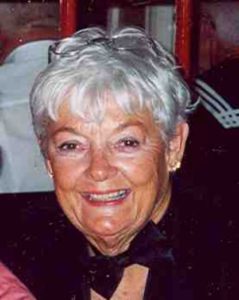
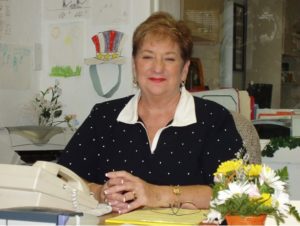
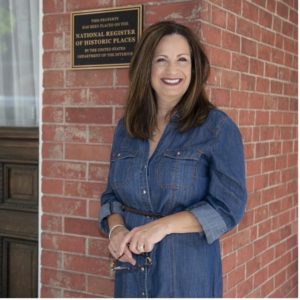
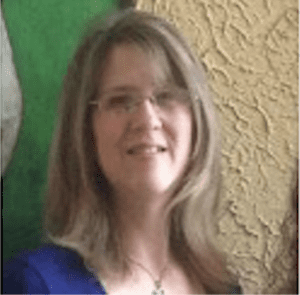
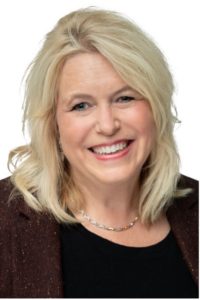
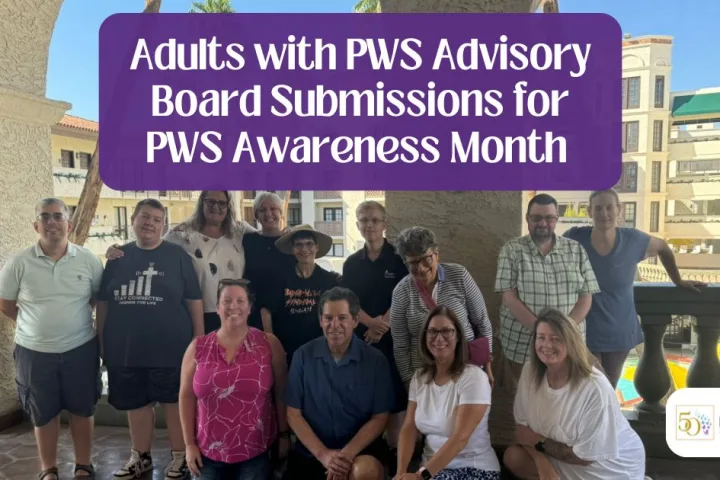
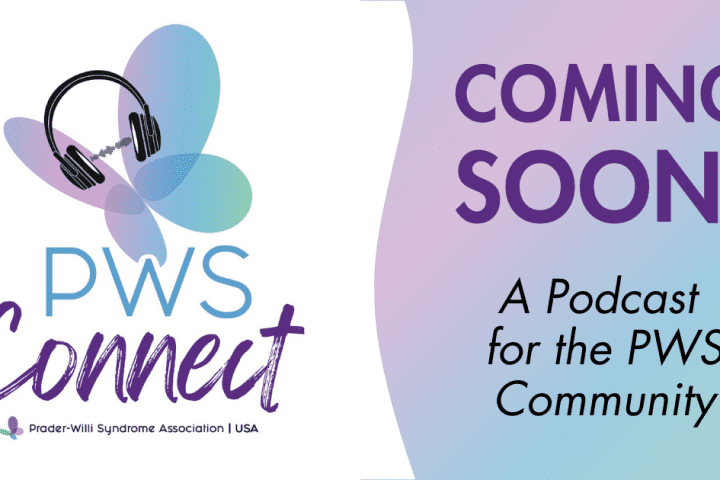
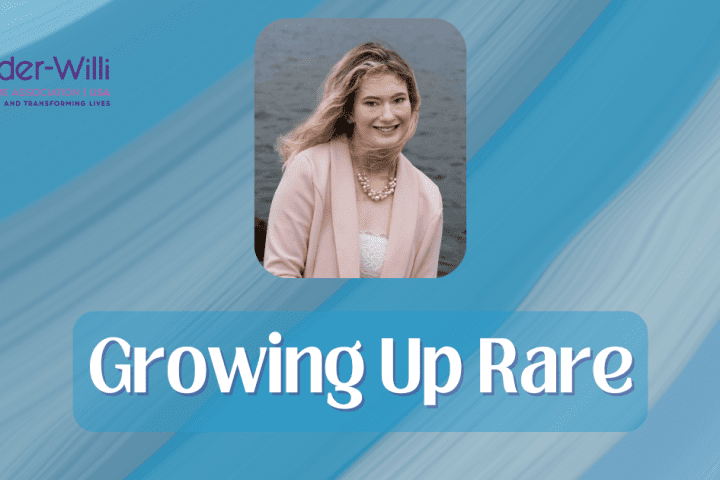
 Jennifer Bolander has been serving as a Special Education Specialist for PWSA (USA) since October of 2015. She is a graduate of John Carroll University and lives in Ohio with her husband Brad and daughters Kate (17), and Sophia (13) who was born with PWS.
Jennifer Bolander has been serving as a Special Education Specialist for PWSA (USA) since October of 2015. She is a graduate of John Carroll University and lives in Ohio with her husband Brad and daughters Kate (17), and Sophia (13) who was born with PWS. Perry A. Zirkel has written more than 1,500 publications on various aspects of school law, with an emphasis on legal issues in special education. He writes a regular column for NAESP’s Principal magazine and NASP’s Communiqué newsletter, and he did so previously for Phi Delta Kappan and Teaching Exceptional Children.
Perry A. Zirkel has written more than 1,500 publications on various aspects of school law, with an emphasis on legal issues in special education. He writes a regular column for NAESP’s Principal magazine and NASP’s Communiqué newsletter, and he did so previously for Phi Delta Kappan and Teaching Exceptional Children. Evan has worked with the Prader-Willi Syndrome Association (USA) since 2007 primarily as a Crisis Intervention and Family Support Counselor. Evans works with parents and schools to foster strong collaborative relationships and appropriate educational environments for students with PWS.
Evan has worked with the Prader-Willi Syndrome Association (USA) since 2007 primarily as a Crisis Intervention and Family Support Counselor. Evans works with parents and schools to foster strong collaborative relationships and appropriate educational environments for students with PWS. Dr. Amy McTighe is the PWS Program Manager and Inpatient Teacher at the Center for Prader-Willi Syndrome at the Children’s Institute of Pittsburgh. She graduated from Duquesne University receiving her Bachelor’s and Master’s degree in Education with a focus on elementary education, special education, and language arts.
Dr. Amy McTighe is the PWS Program Manager and Inpatient Teacher at the Center for Prader-Willi Syndrome at the Children’s Institute of Pittsburgh. She graduated from Duquesne University receiving her Bachelor’s and Master’s degree in Education with a focus on elementary education, special education, and language arts. Staci Zimmerman works for Prader-Willi Syndrome Association of Colorado as an Individualized Education Program (IEP) consultant. Staci collaborates with the PWS multi-disciplinary clinic at the Children’s Hospital in Denver supporting families and school districts around the United States with their child’s Individual Educational Plan.
Staci Zimmerman works for Prader-Willi Syndrome Association of Colorado as an Individualized Education Program (IEP) consultant. Staci collaborates with the PWS multi-disciplinary clinic at the Children’s Hospital in Denver supporting families and school districts around the United States with their child’s Individual Educational Plan. Founded in 2001, SDLC is a non-profit legal services organization dedicated to protecting and advancing the legal rights of people with disabilities throughout the South. It partners with the Southern Poverty Law Center, Protection and Advocacy (P&A) programs, Legal Services Corporations (LSC) and disability organizations on major, systemic disability rights issues involving the Individuals with Disabilities Education Act (IDEA), Americans with Disabilities Act (ADA), and the federal Medicaid Act. Recently in November 2014, Jim retired.
Founded in 2001, SDLC is a non-profit legal services organization dedicated to protecting and advancing the legal rights of people with disabilities throughout the South. It partners with the Southern Poverty Law Center, Protection and Advocacy (P&A) programs, Legal Services Corporations (LSC) and disability organizations on major, systemic disability rights issues involving the Individuals with Disabilities Education Act (IDEA), Americans with Disabilities Act (ADA), and the federal Medicaid Act. Recently in November 2014, Jim retired.